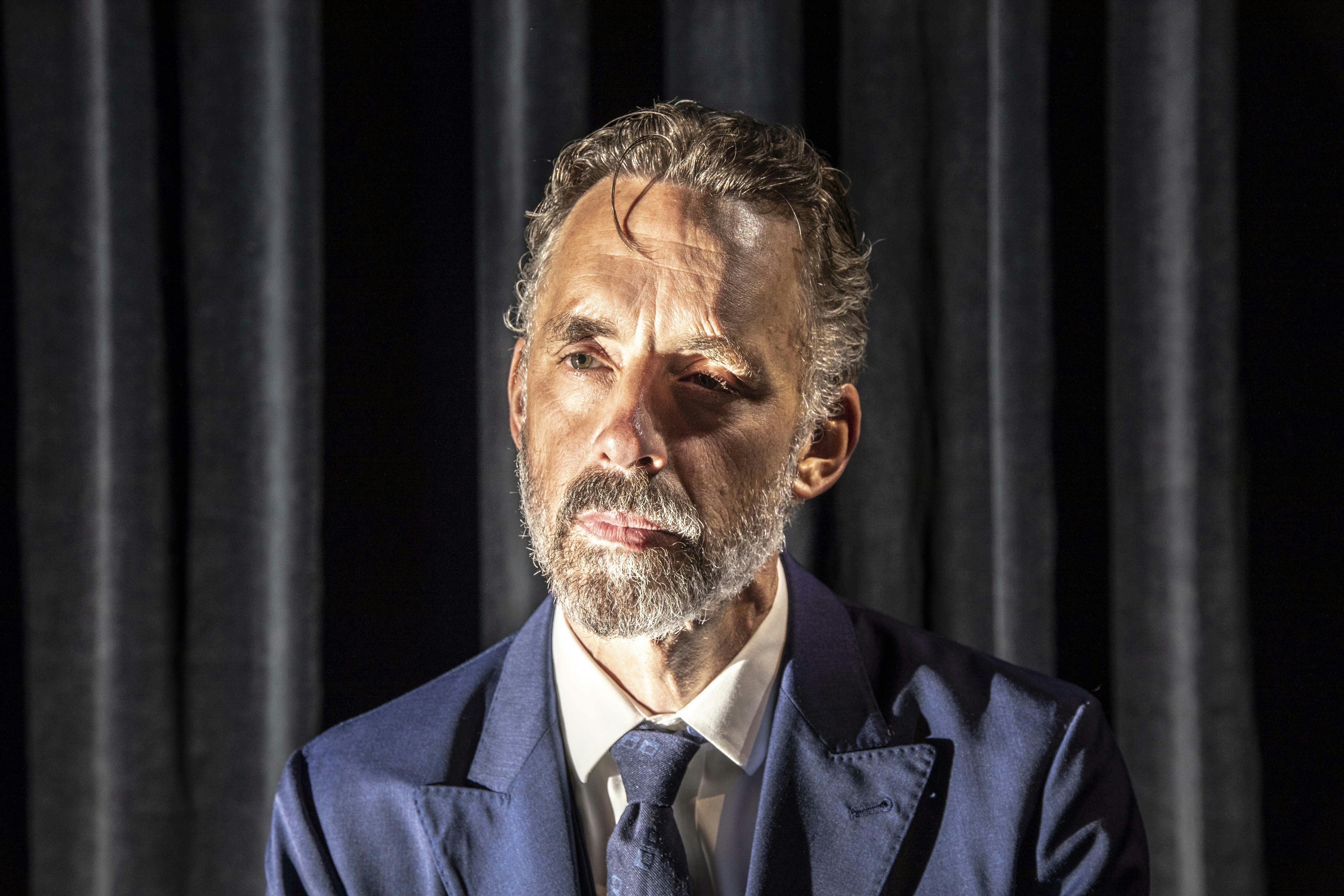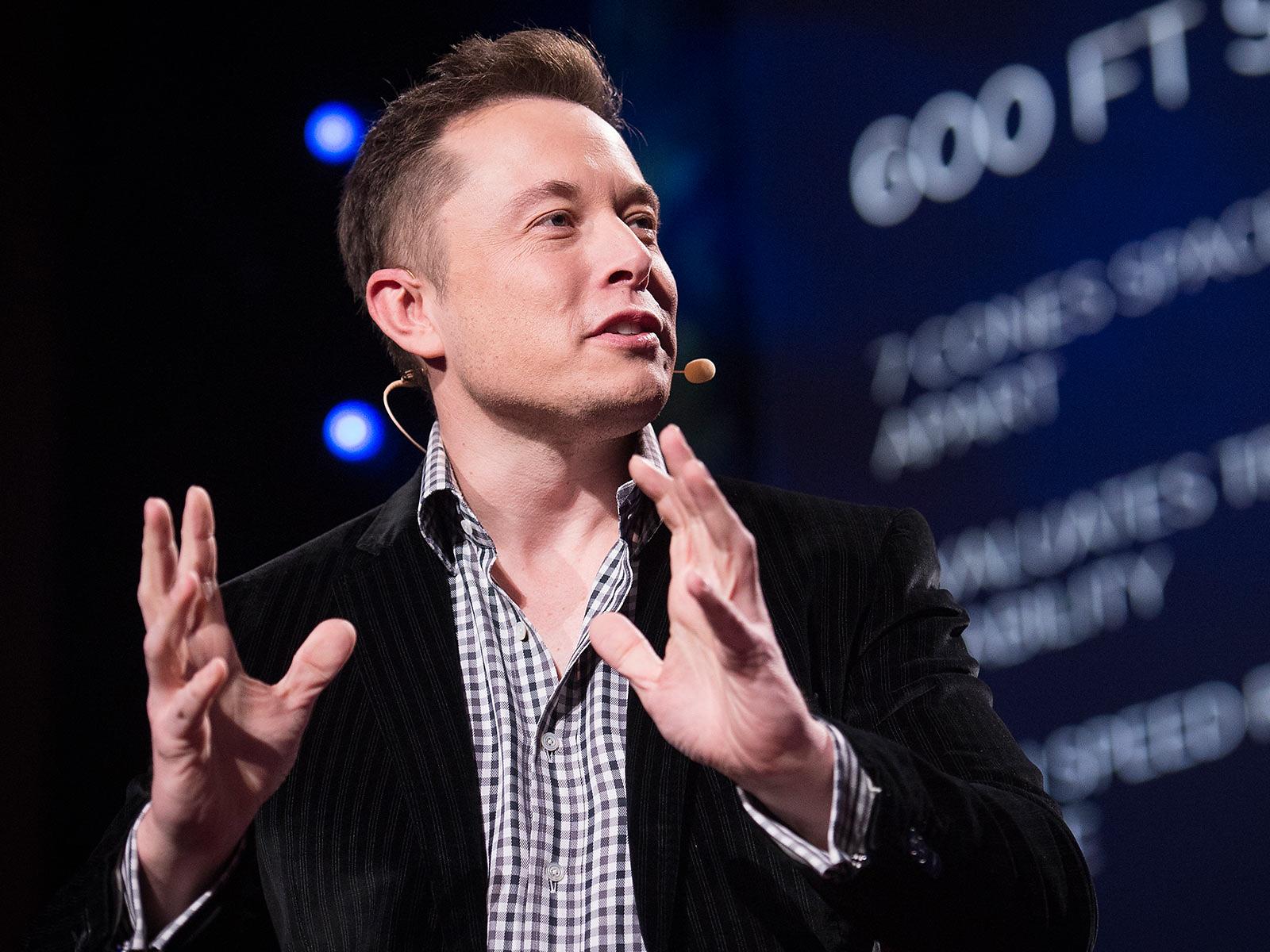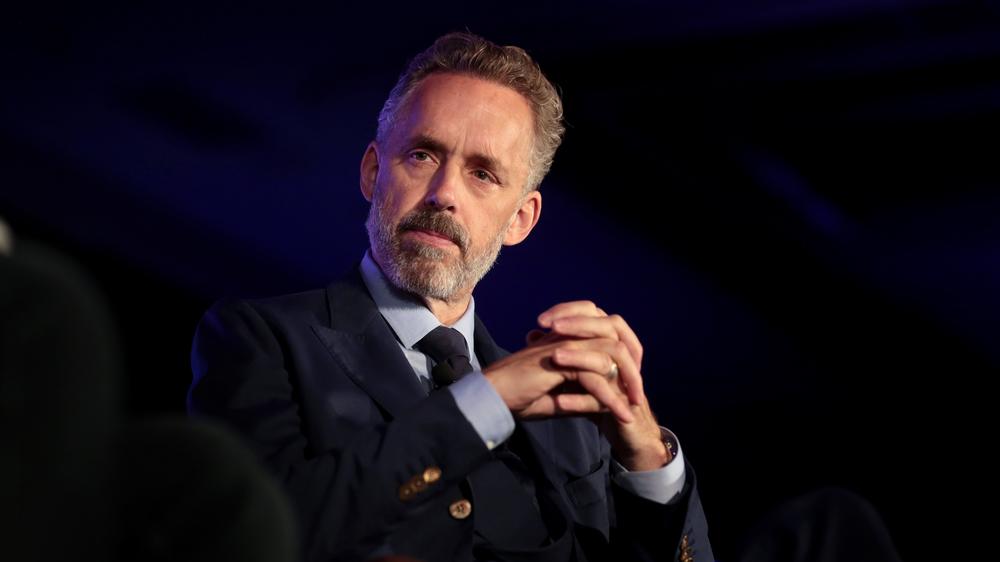Elon Musk, Woke Culture, and the Crisis in Education: A Wake-Up Call for America and Canada
In recent discussions about the future of education and the ongoing battle against the progressive agenda, Elon Musk has emerged as a key figure whose efforts to challenge the status quo have drawn significant attention.
While Musk’s work in the technological sphere has revolutionized industries from space exploration to electric vehicles, his involvement in public policy and societal issues has opened a new chapter in the ongoing debate about the future of education.
His influence on social media platforms, particularly Twitter (now X), has reshaped public discourse and has led many to believe he could play a similar role in reforming education systems worldwide.
However, as many have noticed, Musk’s approach to addressing issues such as “woke” culture, which has become entrenched in various sectors of society, might be overlooking one crucial element that continues to wield significant power in the United States: the education system.
At the heart of this challenge is the university faculty of education a powerful and influential institution responsible for shaping the future of teachers and ultimately the direction of the next generation.
The Problem with Education in the U.S.
Education has long been a cornerstone of societal development. In the United States, however, nearly 50% of state budgets are devoted to K-12 education.

Unfortunately, much of this funding supports a system that has been criticized for producing ineffective and ideologically driven teachers.
The faculties of education, which train these teachers, have been accused of perpetuating progressive and often controversial ideas that have infiltrated the classroom, contributing to the rise of “woke” culture.
Among the most notable failures is the promotion of theories such as Whole Language Learning and the Multiple Intelligence Theory.
Both of these ideas, which have been widely adopted in educational systems across the U.S., have been criticized for producing poor educational outcomes.
Whole Language Learning, for example, disregards the phonetic alphabet a fundamental tool in literacy education leading to significant learning deficits among students.
Similarly, the Multiple Intelligence Theory, which claims that intelligence is diverse and can’t be accurately measured by traditional metrics, has been dismissed by many as pseudoscience.

Furthermore, faculties of education are accused of fostering a generation of teachers who are more focused on ideological indoctrination than on providing students with a quality education.
These faculties attract students who may not have the academic excellence required for other disciplines, and their research is often seen as superficial or biased.
This system, supported by state budgets and government policies, continues to feed into the growing ideological divide in society, as educators prioritize emotional and social learning strategies over rigorous academic standards.
A Call for Reform
For decades, conservatives, classical liberals, and other critics of the current education system have remained largely inactive in addressing the systemic issues within faculties of education.
Despite the mounting evidence of these failures, there has been little concerted effort to reform or challenge the status quo.

If the United States hopes to effectively combat the rise of woke culture and return to a more balanced and pragmatic educational model, the stranglehold that faculties of education have over teacher certification and K-12 education must be broken.
Elon Musk, who has shown a willingness to challenge established institutions and disrupt the status quo, may be uniquely positioned to address this issue.
While his focus has primarily been on technology and space exploration, his capacity to bring about significant change in various industries suggests that he could make a considerable impact on the education system as well.
Musk has already demonstrated his ability to take on large-scale challenges, and his innovative mindset could be the key to rethinking how we train educators and develop the next generation of teachers.
Breaking the Monopoly on Teacher Certification
One potential solution to the education crisis is to strip the faculties of education of their monopoly on teacher certification.
Currently, teachers must graduate from education programs at universities in order to become certified, regardless of whether those programs adequately prepare them for the classroom.
By expanding teacher certification to include a wider range of pathways such as private institutions or alternative certification programs the system could introduce greater competition, improve the quality of teaching, and reduce the ideological bias that is often seen in traditional education programs.
Additionally, the current model fails to address the fact that many teachers are not selected based on merit, but rather on ideological alignment with the progressive agenda.
If teacher training programs were opened up to a broader range of educational institutions, the quality of education could improve, and a greater diversity of ideas could be introduced into the classroom.
The Role of Musk in Transforming Education
As someone with unparalleled business acumen and a track record of disrupting industries, Elon Musk is the type of leader who could bring about the necessary reforms to education.
His work at Tesla, SpaceX, and Twitter (X) shows that he is not afraid to challenge powerful institutions and take on complex societal issues.
Musk has the resources, intellect, and influence to spearhead an initiative that could overhaul the way teachers are trained and certified, ultimately leading to a more effective and ideologically balanced education system.

One of Musk’s most impressive traits is his ability to maintain multiple large-scale projects simultaneously while driving them toward success.
This makes him uniquely equipped to tackle the complex and often entrenched issues facing education systems worldwide.
Whether it’s through policy advocacy, partnerships with innovative education platforms, or pushing for regulatory changes, Musk could be instrumental in bringing about the type of transformation that is desperately needed.
A Global Perspective
While the conversation around education reform is particularly relevant in the United States, the issues Musk is tackling extend beyond national borders.
In Canada, for example, the impact of ideological indoctrination in education is also being felt, particularly as progressive policies continue to shape the curriculum.
Musk’s potential to influence the global conversation on education reform could help to bring much-needed attention to these issues not just in the U.S., but across Western nations that are facing similar challenges.
Moreover, as Musk’s ventures continue to grow and evolve, his influence on global politics and economics cannot be underestimated.
Whether it’s through his work on social media platforms or his ventures in energy and transportation, Musk’s impact on the world stage has already been profound.
If he decides to use his platform to advocate for education reform, it could be the catalyst for a much-needed change in how the next generation is taught and shaped by the institutions responsible for their education.
The Future of Education: A Call to Action
Elon Musk’s engagement with political issues, especially those related to woke culture, has been both admirable and controversial.
However, it is clear that without addressing the fundamental problems within the education system, particularly in the faculties of education, the fight against progressive ideology will be an uphill battle.
The solution may lie in breaking the monopoly that these institutions have on teacher certification, allowing for greater innovation and diversity of thought in education.
As Musk continues to challenge the world’s biggest problems, perhaps it’s time for him to turn his attention to the education system.
The stakes are high—if education reform is not prioritized, the ideological divide in society will only continue to grow, impacting future generations. It’s time for a bold new approach, and Elon Musk may just be the person to lead the charge.
News
“I Still Miss Him”: Dolly Parton Breaks Down Mid Song as Reba McEntire Joins Her for Heart Shattering Tribute to Late Husband Carl Dean.
“I Still Miss Him”: Dolly Parton Breaks Down Mid Song as Reba McEntire Joins Her for Heart Shattering Tribute to…
This guitar carried my soul on its strings when no one knew my name…
In the electric silence that follows a singer’s last note, when the world holds its breath in anticipation of what’s…
The Voice reveals 4 returning coaches for season 28 including Niall Horan and Reba McEntire
The duo will be joined by fellow show alums Michael Bublé and Snoop Dogg. Nial Horan and Reba McEntire on…
Reba McEntire: “Drag Queens Don’t Belong Around Our Kids”
Reba McEntire Sparks Controversy with Statement on Drag Queens and Children. Country music legend Reba McEntire has found herself at…
Reba, Miranda Lambert, & Lainey Wilson Debut Powerful New Song, “Trailblazer,” At The ACM Awards
“Trailblazer” Is A New Song That Celebrates The Influential Women Of Country Music’s Past And Present Reba McEntire, Miranda Lambert, and Lainey…
Jennifer Aniston made a surprise appearance with a dazed expression and an unresolved…
Jennifer Aniston is no stranger to the public eye. For decades, she’s been one of the most beloved faces in…
End of content
No more pages to load













